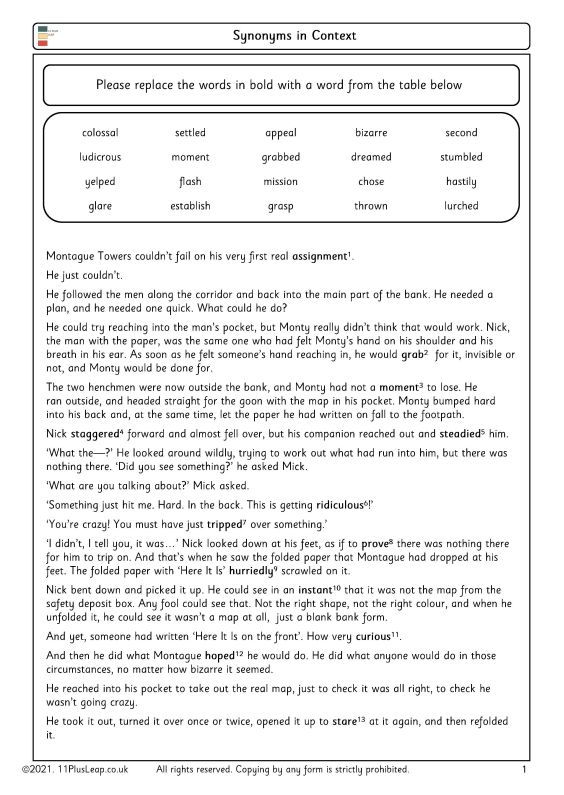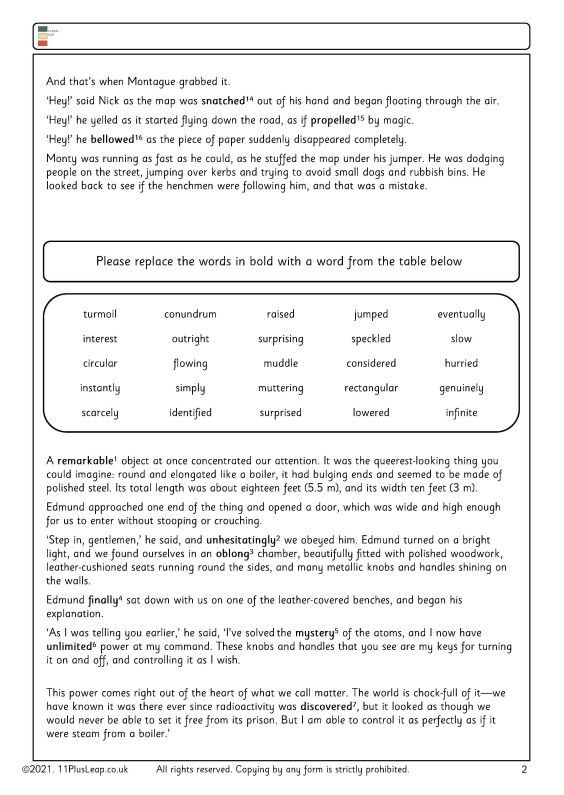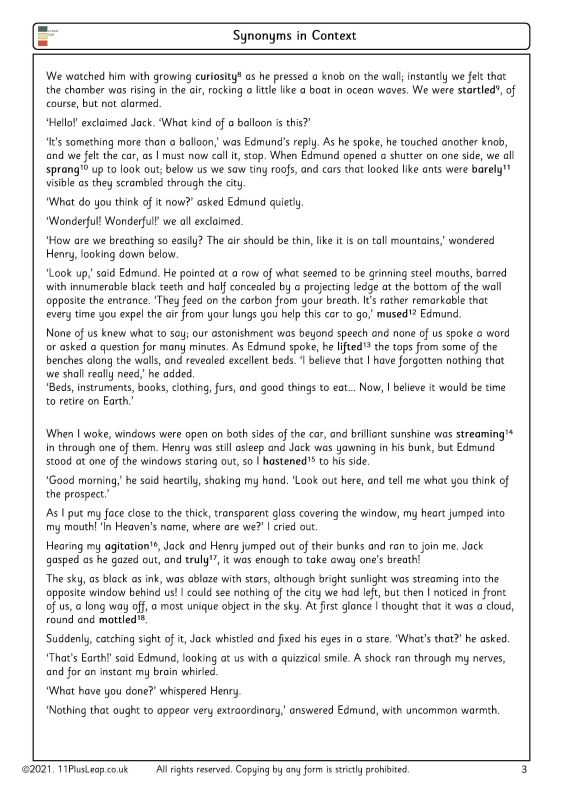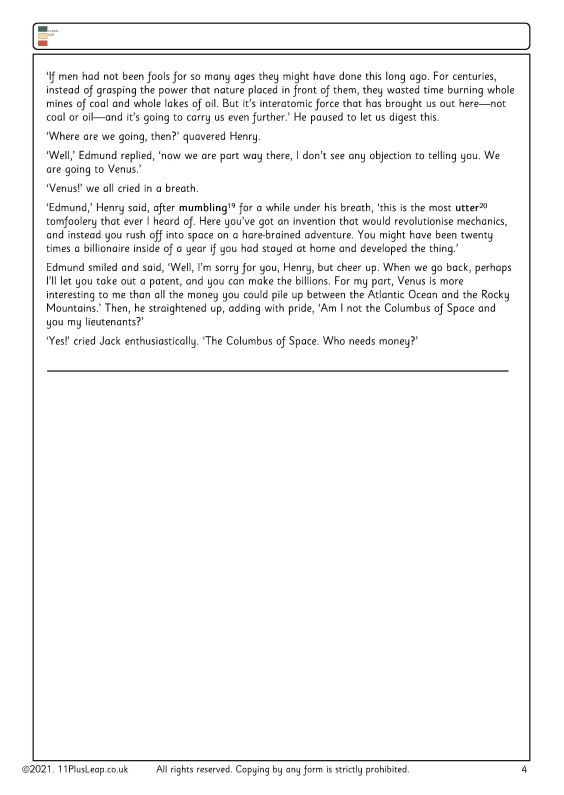How many times would you say you’ve learned a new word only to forget its definition a month later? Or perhaps you were at a fancy dinner party and wanted to use a more sophisticated synonym for a word that you learned just a few months ago but couldn’t retrieve it from the tip of your tongue. We’ve all been there and it is infuriating.
In the course of their research, the University of Oxford have discovered that, whether it’s a child or an adult, people need to have seen and understood a new word in context at least eight times before the word has been properly learned.
It isn’t just a mistake that we test several times children on the same words or drop them into several different exercises. It would be redundant to give out lists of vocabulary to students for them to learn and memorise and, to be quite honest, it would be awfully tedious!
Repetition is so important to make sure that words, their definitions, their synonyms, their antonyms and examples of them being used are not just read once and then put to one side. These words and the supporting information need to be repeated in order to be engrained in a child’s, or an adult’s, everyday vocabulary.
As with every year, we distribute daily words for students to learn but we find that the most successful and effective exercises are those where we ask the children to complete worksheets. These worksheets require that they substitute certain words in a piece of text for a synonym. The synonym is placed amongst other options that aren’t viable and the student has to pick the viable option.
From our master vocabulary list of 1000 words, we create multiple worksheets where these words reoccur in different pieces of text, both fiction and non-fiction throughout our 11+ course. Needless to say these exercises are most beneficial when the student takes the time to focus and read the entire text through rather than jumping in and substituting words from the offset.
We are firm believers that there are not shortcuts to learning new vocabulary. It takes time and, preferably, enthusiasm! This is why we will always recommend reading as the most valuable way to absorb new vocabulary. Whether the material is fiction or non-fiction, the most important thing is that it is interesting to the child.



